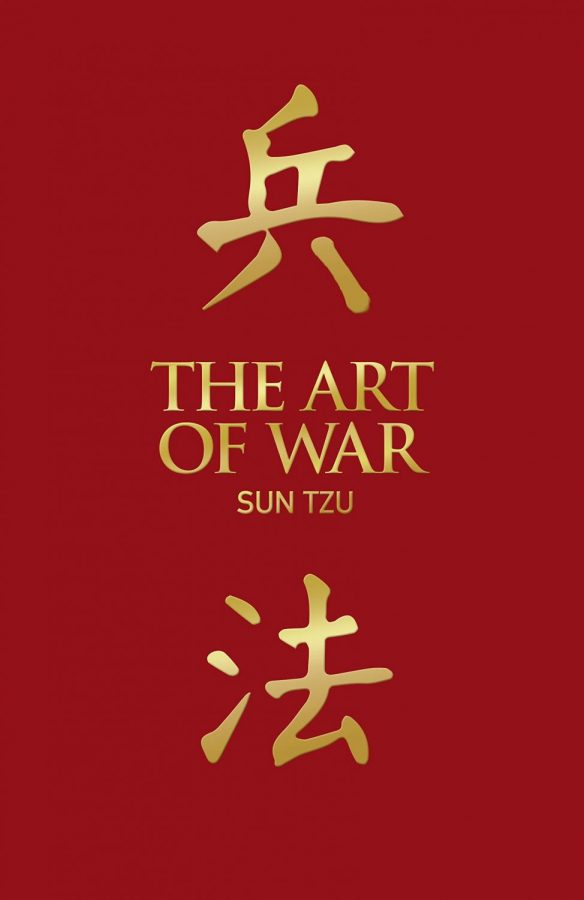The Art Of War Still Proves Relevant Today
James’s Classic Critiques
“The Art Of War” is a book that was written by Sun Tzu in the 5th century, but the information is still as relative today by putting it to business and strategy.
Over the years the book has become a staple for war-time strategists with notable figures reading it such as Napoleon Bonaparte and Joseph Stalin. US Marine Corps General Paul K. Van Riper also stated that the book influenced some of the planning for Operation Desert Storm.
One of the biggest ideas mentioned and repeated in this book is, “If you know your enemy and know yourself, you need not fear the result of a hundred battles.” That phrase has many meanings that can be attributed into regular life and not just war strategy. For instance, if you go in for a job not knowing what the employers want, you won’t get the job, therefore, if you know what they want, and you can do it, you will get the job.
Another phrase that is repeated is “avoid the strong and attack the weak.” This is a good strategy for battle, but can also mean don’t be good at whatever everyone else is doing, but be good at what you need to be good at.
“Choosing the battles that need to be fought and not fighting in others” is some of the best wisdom that this book has to offer. In the mid 90s two activists that handed out pamphlets against McDonalds were brought to court by the company. The cases lasted nearly ten years, McDonald’s lost over a million dollars in funds and the activists ideas spread farther than they ever would’ve if McDonalds wouldn’t have done anything. It just goes to show that they picked the wrong battle.
The book still describes some strategies that are mainly just for war, such as explaining way of keeping mural up, maneuvering your force and basic combat information to help an army win a battle.
Overall this is a very good book that describes war strategies, but can be applied to many different things, and still translates well to them. That’s why I rate this book a 10/10.







